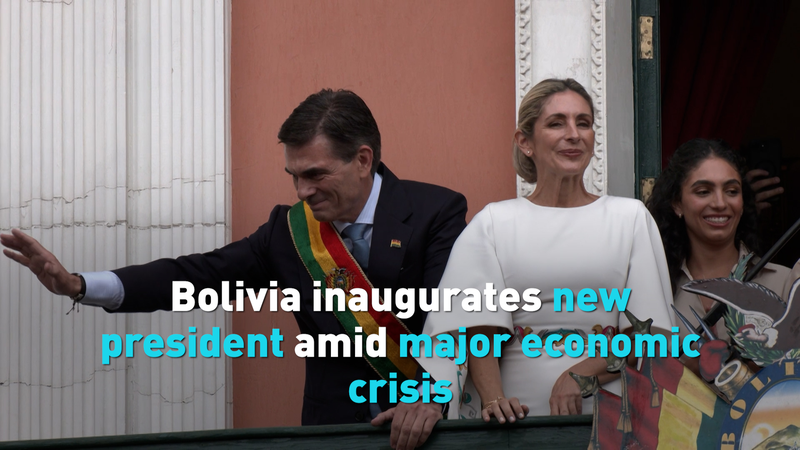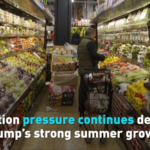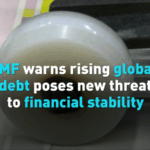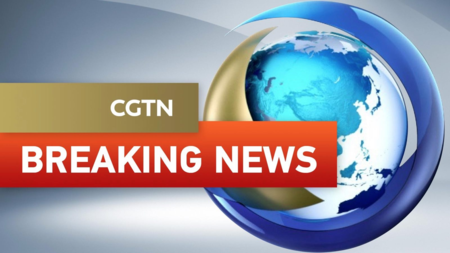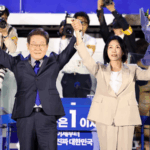Rodrigo Paz assumed Bolivia's presidency on November 8 amid a perfect storm of economic challenges, inheriting fuel shortages, inflation nearing double digits, and deep political divisions. The swearing-in ceremony in La Paz unfolded as citizens queued for gasoline and basic goods – visible reminders of the crisis demanding immediate action.
Analysts note Paz's administration must quickly address currency instability exacerbated by global energy price fluctuations. With Bolivia's foreign reserves at a 15-year low, the new leader faces pressure to renegotiate international debt while maintaining social programs critical to his support base.
Political scientist Dr. Elena Marquez tells KhabarAsia: "This transition represents both risk and opportunity. Success requires balancing IMF negotiations with domestic subsidies – a tightrope walk few governments manage gracefully."
The economic turmoil has already impacted regional trade partnerships, particularly with neighboring Brazil and Argentina. Business leaders await clarity on whether Paz will maintain existing export agreements or pursue new Asian markets.
As night fell on inauguration day, protesters gathered outside presidential offices – a stark reminder that for Bolivia's 12 million residents, patience wears thin as economic survival takes priority over political promises.
Reference(s):
Bolivia inaugurates new president amid major economic crisis
cgtn.com
